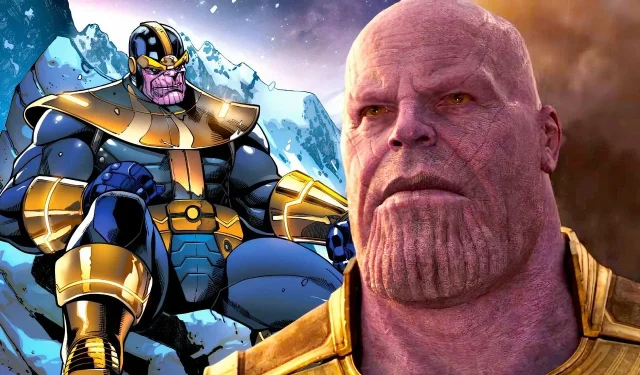
Thanos, the infamous Mad Titan, stands out as one of the most powerful villains in the Marvel Universe. His legacy, woven through both Marvel’s comics and the Marvel Cinematic Universe (MCU), showcases his complex character, whose insatiable pursuit of balance through the Infinity Stones makes him a pivotal figure in the stories of Earth’s mightiest heroes. While the MCU has popularized his character through Josh Brolin’s portrayal, comic book aficionados often debate the differences between these portrayals—especially their respective power levels and motivations.
Introduced by Jim Starlin in Iron Man #55 back in 1973, comic book Thanos emerges as a nihilist driven by a godlike thirst for domination, influenced by his fixation on the cosmic entity known as Death. In contrast, the MCU’s rendition paints Thanos as a utilitarian figure—a self-proclaimed savior who believes that eradicating half of all life will avert universal overpopulation. Although each version possesses a relentless drive and immense strength, it is imperative to delve into the nuances of their abilities and achievements to grasp the complete picture.
Thanos’ Powers in Marvel Comics Explained
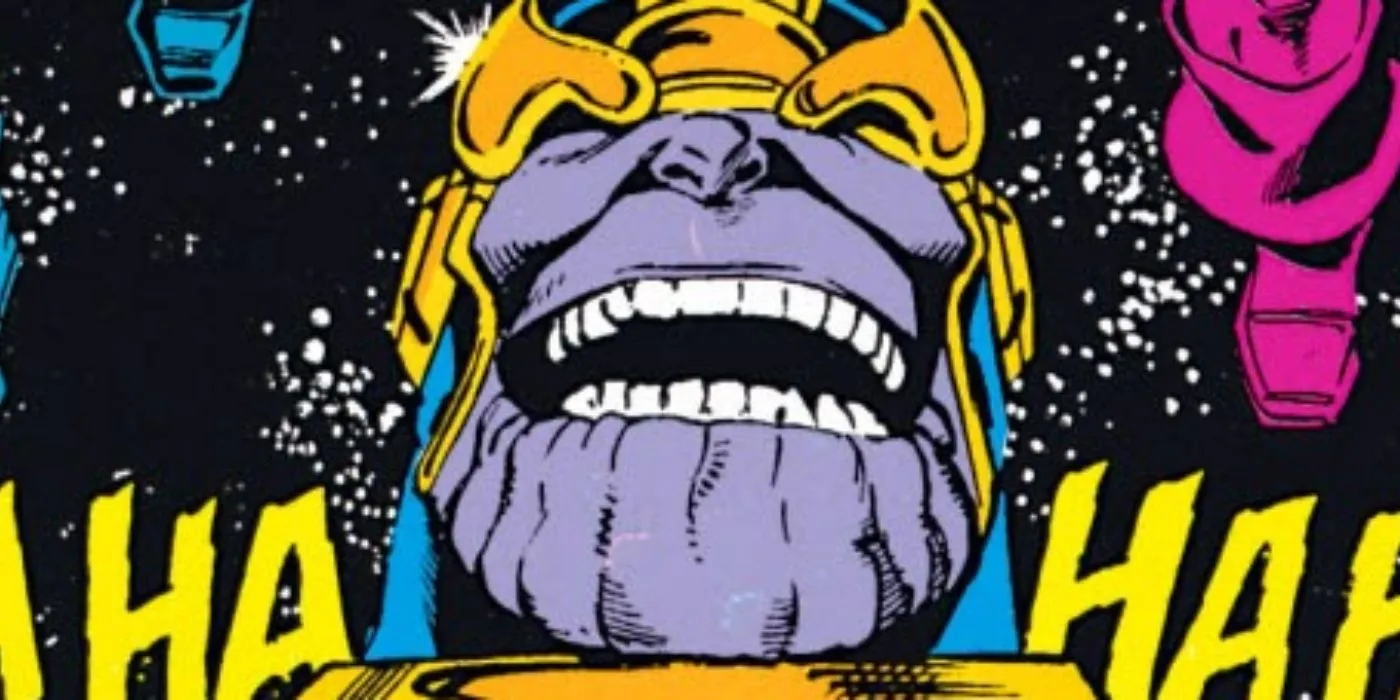
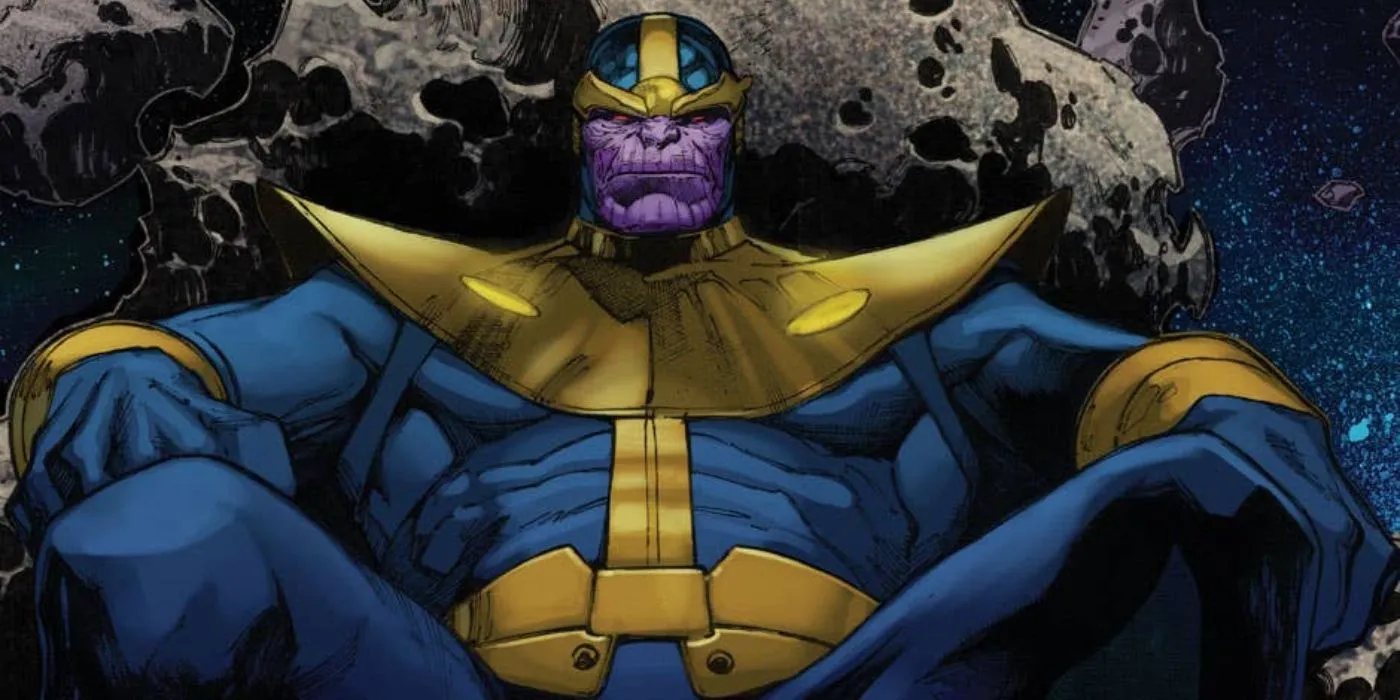
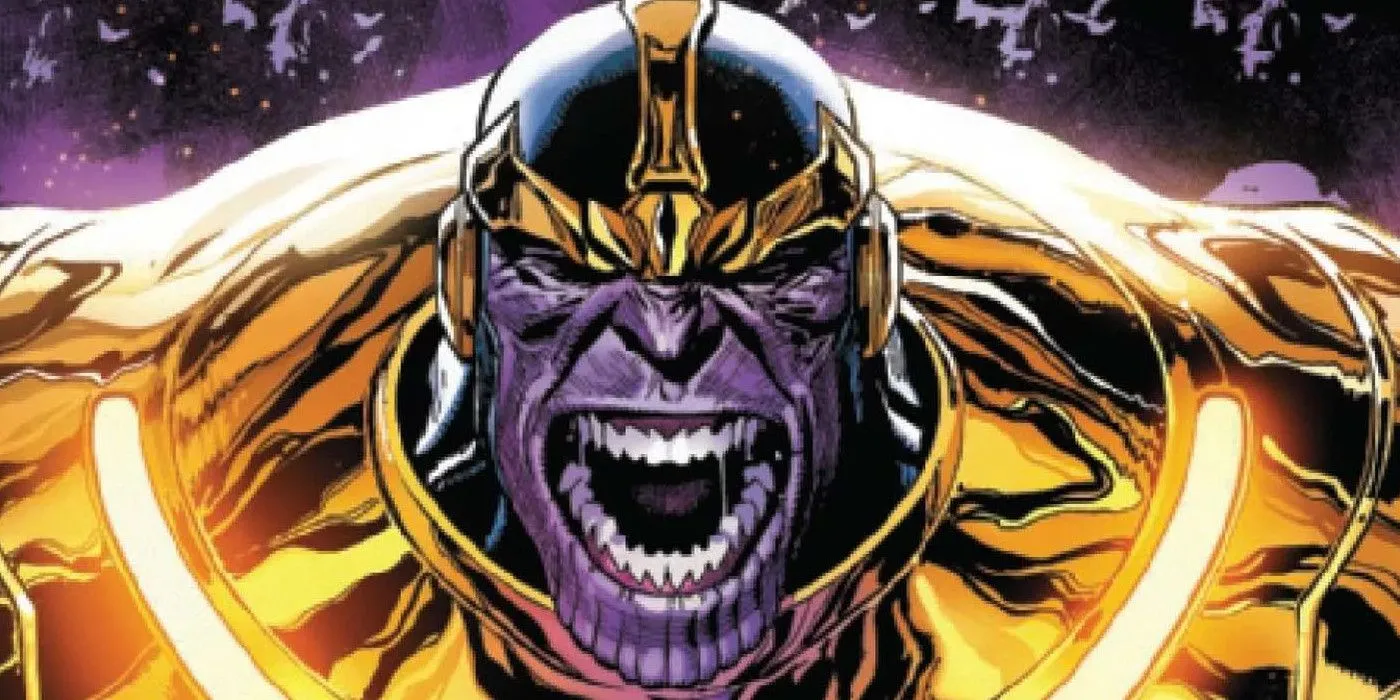
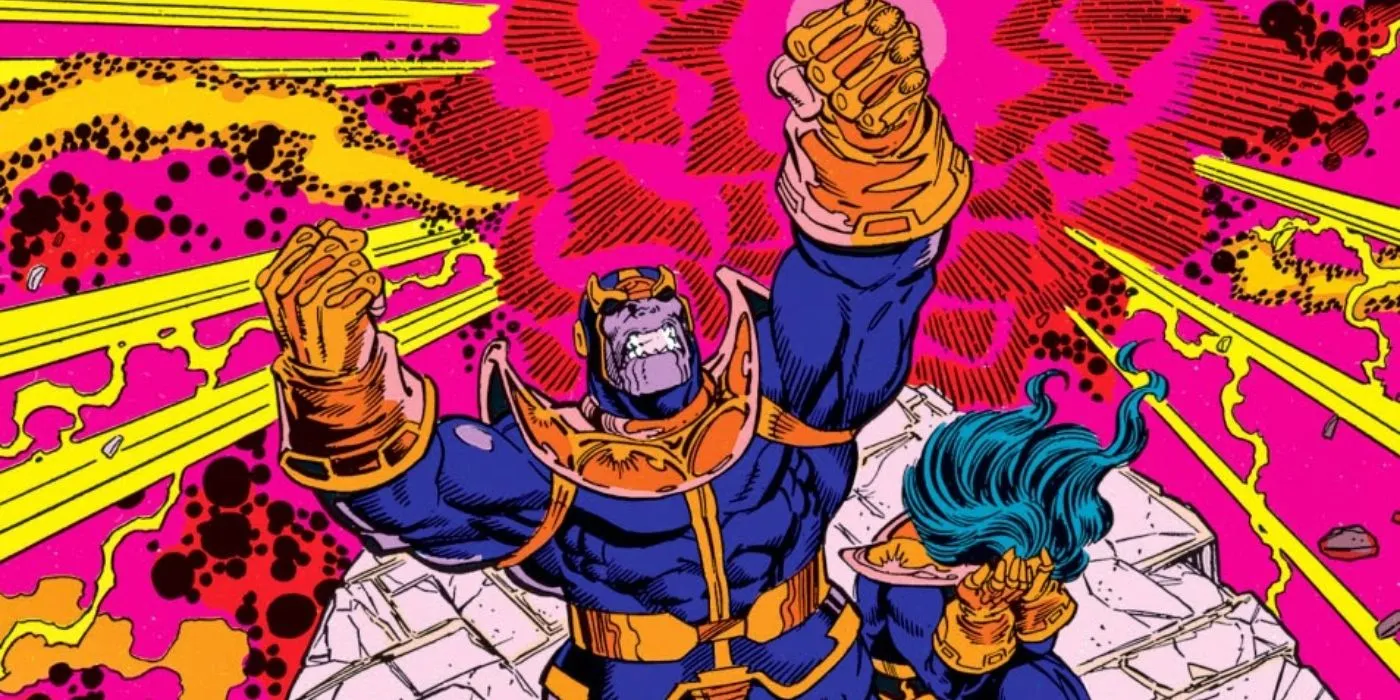
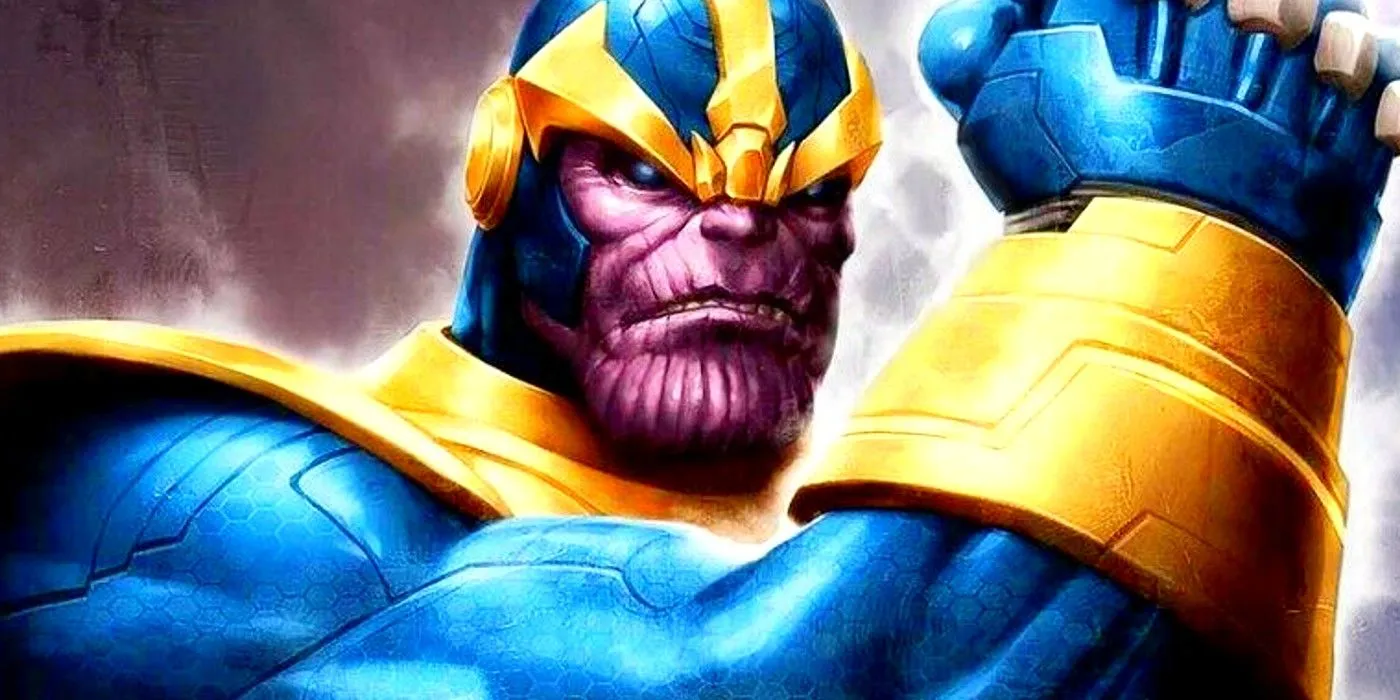
Within the realm of Marvel comics, Thanos’s abilities are extensive, placing him among the universe’s most powerful beings, even in the absence of the Infinity Stones. His inherent attributes include exponential strength and durability, giving him the edge over most Marvel heroes and villains.
Thanos has drastically overpowered the Hulk, subdued Thor with relative ease, and confronted diverse cosmic entities head-on. His legendary durability enables him to resist tremendous assaults, including those from Mjolnir and devastating energy blasts orchestrated by Galactus. Beyond sheer might, Thanos is adept at manipulating cosmic energy, allowing him to unleash devastating energy projectiles, erect protective barriers, and even alter matter itself.
His abilities extend to teleportation and resurrection, showcasing a formidable command over reality itself. Offered gifts by Death, Thanos enjoys a form of immortality and is essentially impervious to death through conventional avenues. Even after suffering significant damage, he possesses the capacity to regenerate swiftly, rendering him nearly impossible to vanquish permanently. Notably, when he does meet his demise, it’s often with a twist, as he returns even more powerful.
Yet Thanos isn’t merely a brute; he possesses acute intelligence. As a master strategist and inventor, he has developed advanced technology and intricate schemes to realize his ambitions. His cosmic awareness further equips him with unparalleled knowledge of universal events and changes, making him a sage in cosmic lore and understanding.
Undoubtedly, Thanos’s most recognized power surge surges when he wields the Infinity Gauntlet, which contains the six Infinity Gems (known as Stones in the MCU). In the Infinity Gauntlet saga, he harnesses their powers to obliterate half of the universe’s population, vanish the Avengers, and even challenge cosmic titans like Eternity and the Living Tribunal.
How the MCU’s Thanos’ Powers Compare to the Comics
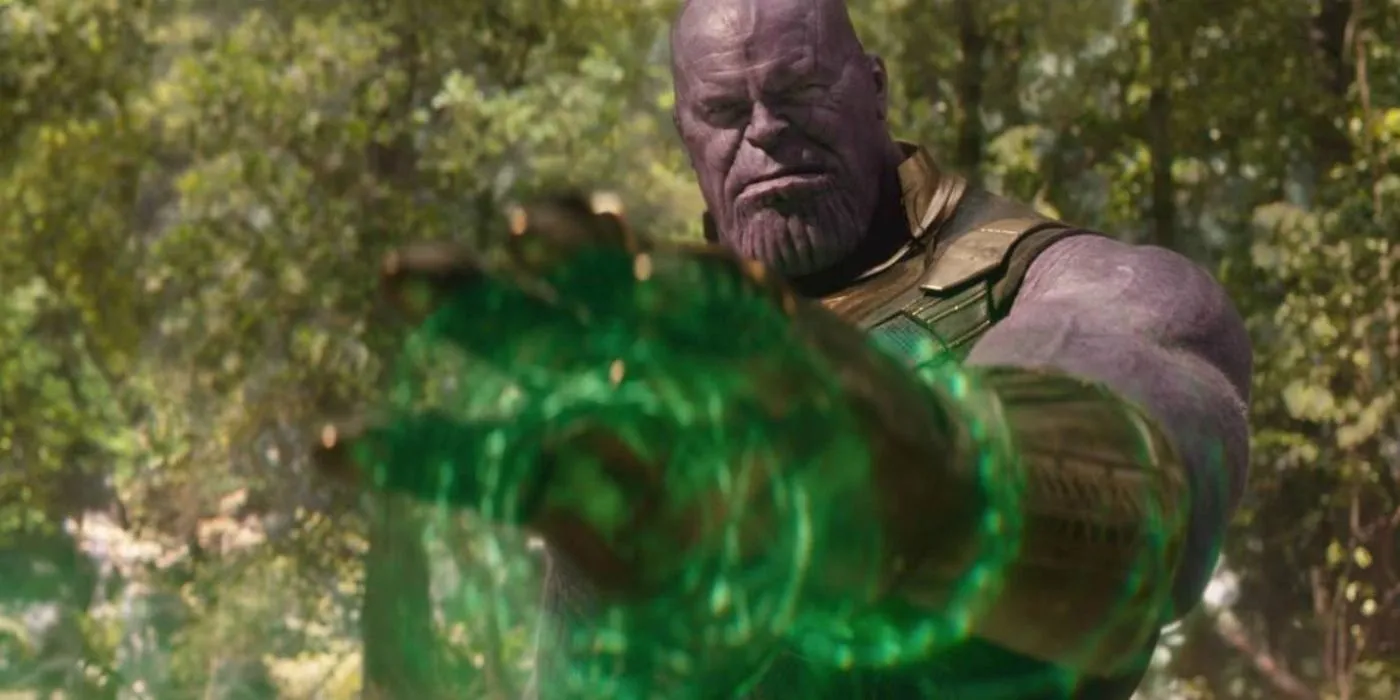
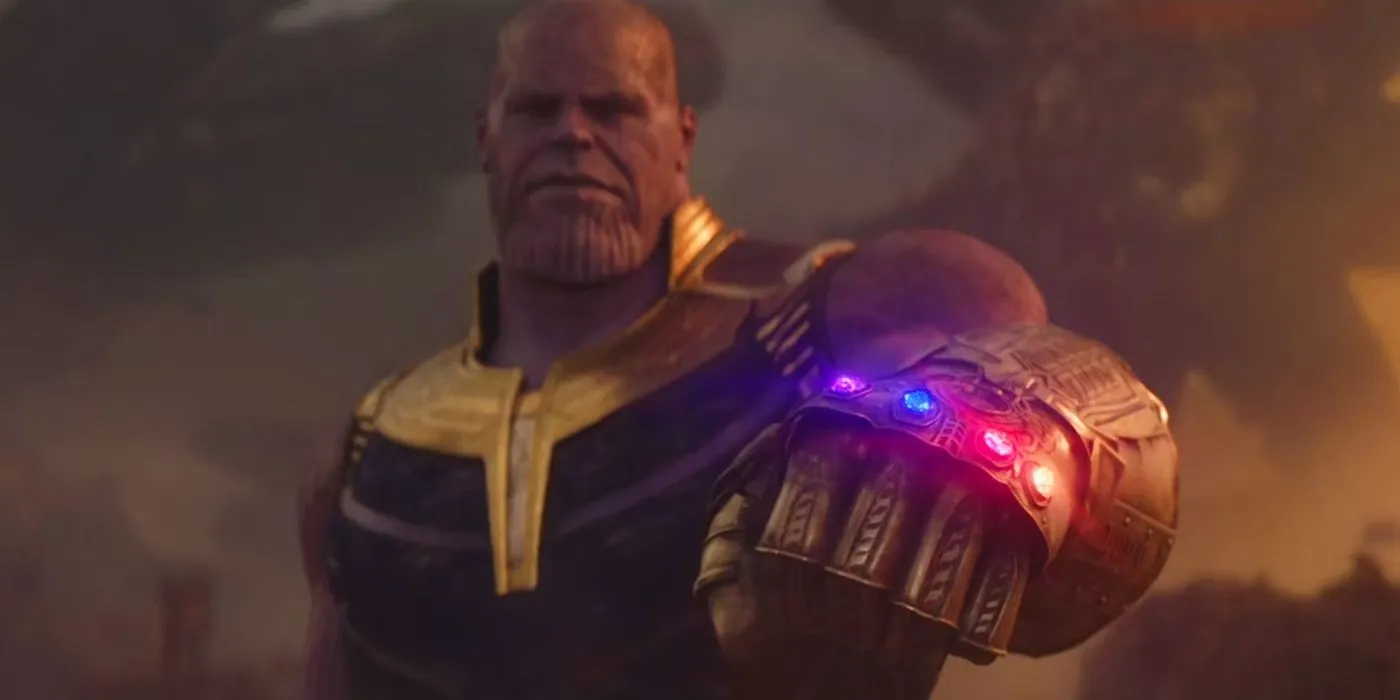
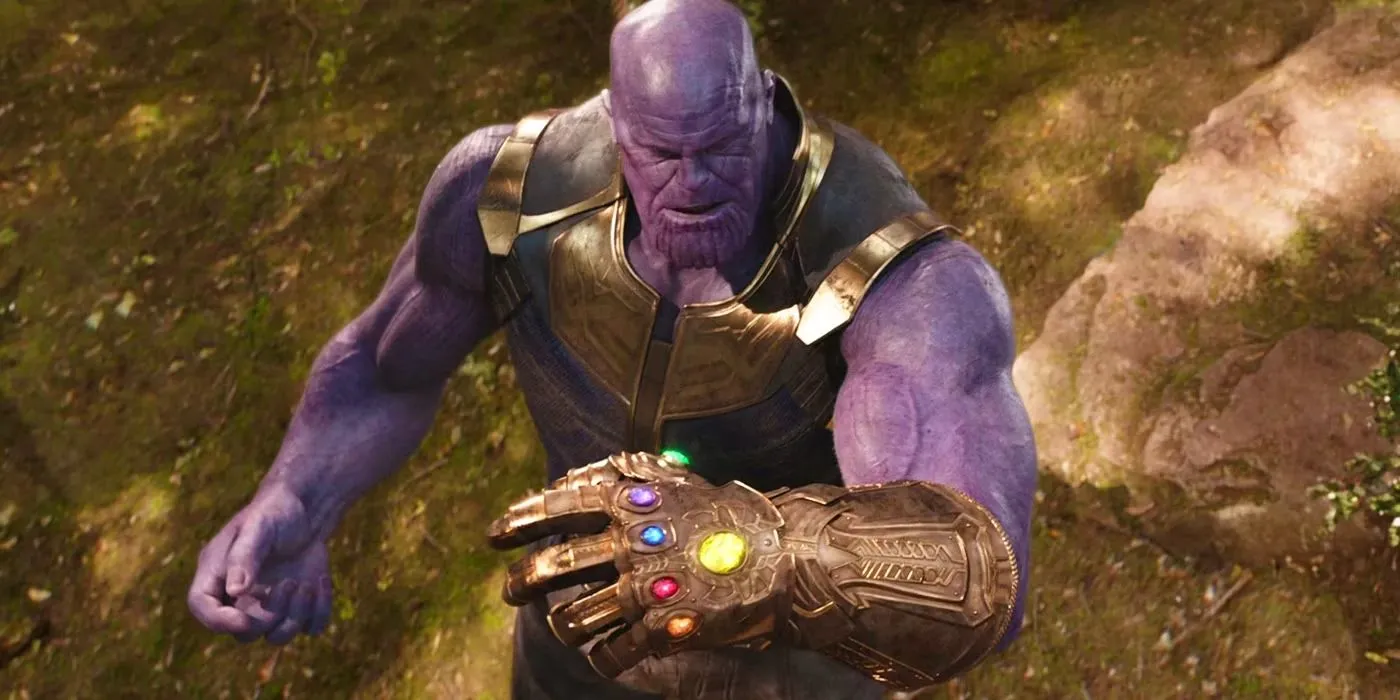
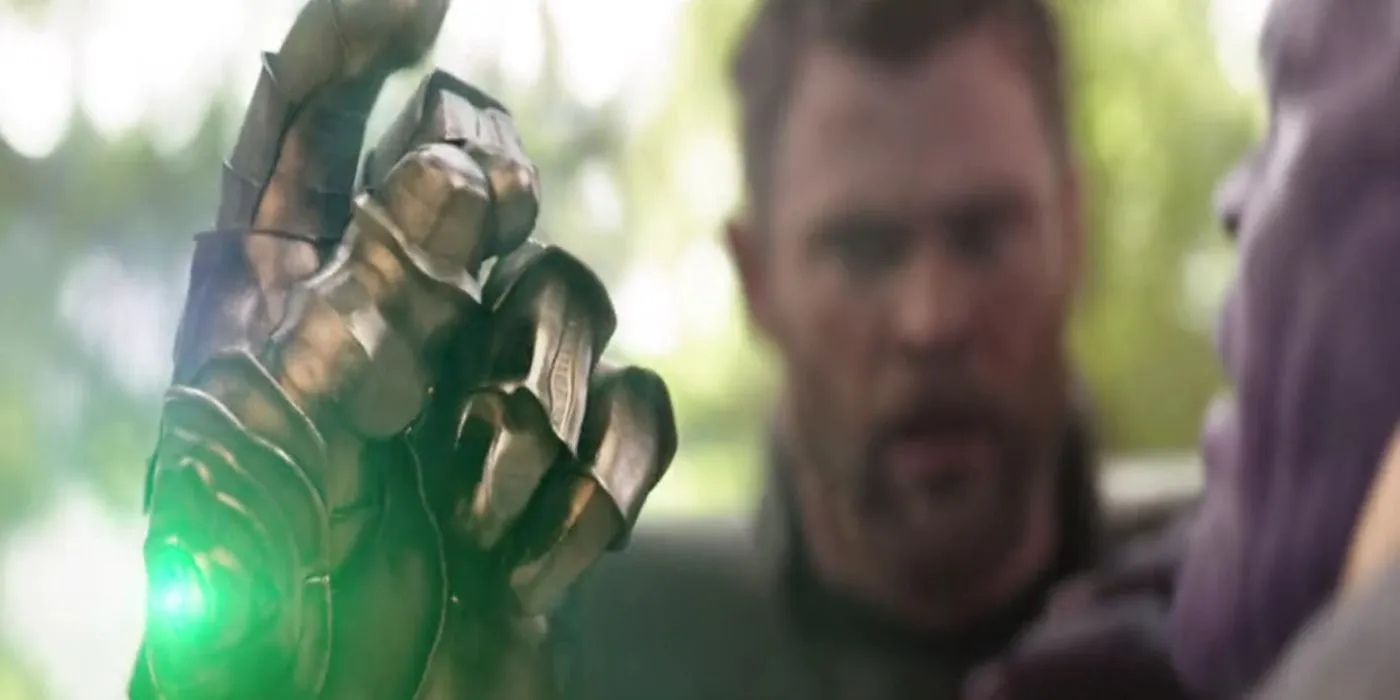
While the MCU’s interpretation of Thanos retains much of his intimidation factor, it presents a more grounded version of the character. Many of his abilities are significantly toned down, likely to make his dependency on the Infinity Stones more pronounced. Some fundamental powers have remained intact, enhancing his physical prowess.
|
Thanos’s MCU Appearances |
|---|
|
The Avengers (2012) |
|
Guardians of the Galaxy (2014) |
|
Avengers: Age of Ultron (2015) |
|
Avengers: Infinity War (2018) |
|
Avengers: Endgame (2019) |
|
What If…? (2021-2024) |
|
Doctor Strange in the Multiverse of Madness (2022) |
The portrayal of Thanos in the MCU reveals immense strength, demonstrated in his capability to defeat the Hulk in close combat during Avengers: Infinity War. He withstands assault from formidable heroes like Iron Man and Thor, showcasing a notable degree of resilience. However, his durability appears more realistic, with the capacity to sustain injuries from typical weapons, including Thor’s Stormbreaker and the attacks from Wanda Maximoff.
Unlike his comic counterpart, the MCU’s Thanos lacks inherent energy manipulation skills. His reliance on energy-based attacks primarily stems from the Infinity Stones. When deprived of the Stones, he leans heavily on brute strength and weaponry.
Moreover, the overall mortality of the MCU version contrasts sharply with his comic iteration, as he is ultimately susceptible to dying via physical methods—famously beheaded by Thor in Avengers: Endgame. In Marvel Comics, even death remains a transient concept, while in the MCU, it holds a more permanent nature.
Strategically, the MCU’s Thanos remains a formidable planner. His intellect allowed him to manipulate the Avengers over two films, fabricating a nearly flawless acquisition of the Infinity Stones. A prime example is his maneuvering through time to seize the Stones gathered by the Avengers in Endgame. While this intellect parallels his comic self, the emphasis on scientific advancements is notably less prominent.
The Infinity Gauntlet stands as the fulcrum of Thanos’s power in the MCU. With all six Stones, he executes the infamous Snap, eliminating half of all life across the universe. However, his mastery of the Stones subsists more on physical prowess than on an intrinsic understanding of their profound cosmic implications. Still, these artifacts prove invaluable in various confrontations, significantly contributing to his success in Infinity War.
MCU Thanos vs Comics Thanos: Who Is More Powerful?
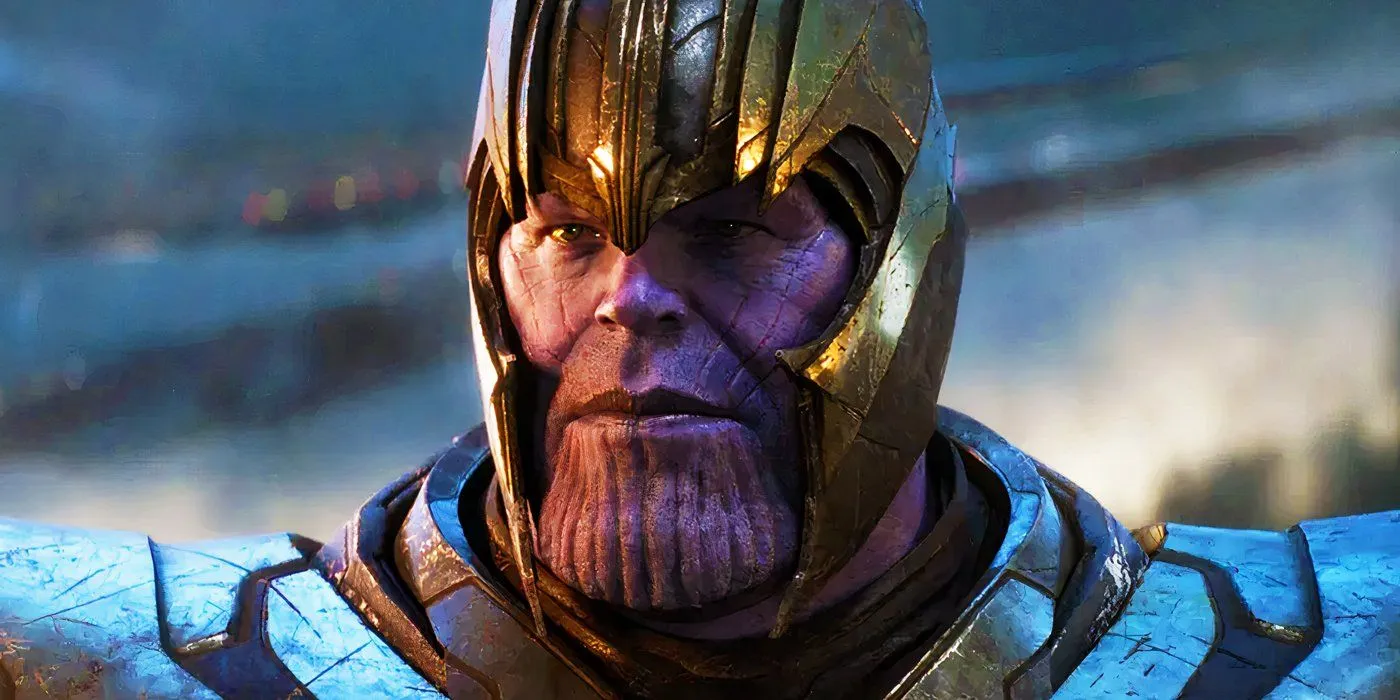
When assessing both versions of Thanos, the comic iteration clearly showcases greater power. In the comic universe, he has faced and triumphed over cosmic entities such as Galactus, the Celestials, and the avatars of the One Above All. Notably, his dominance in the Infinity Gauntlet storyline includes subduing nearly every Marvel hero and cosmic being. Even without the Gauntlet, he has been known to overpower characters like the Silver Surfer and Beta Ray Bill.
In comparison, the MCU highlights some of Thanos’s most extraordinary feats, such as improving in combat against the Hulk without the Stones, defeating both Thor and Iron Man, and utilizing all six Infinity Stones for the Snap. These accomplishments are significant within the MCU context but fall short of the transcendent achievements found in his comic representations.
Additionally, Thanos’s greatest weakness in the comics is his hubris and subconscious self-sabotage. Throughout various story arcs, his near-omnipotent strength diminishes due to his feelings of unworthiness, leading to his inevitable defeat.
Conversely, the MCU interpretation depicts a Thanos constrained by mortality; without the Stones, he remains vulnerable to conventional defeat. After shattering the Stones and shedding his armor, he meets his end at the hands of the Avengers.
In essence, it’s clear that comic book Thanos holds a commanding edge. His intrinsic abilities, mastery of cosmic energy, and a form of immortality elevate him well above the MCU’s interpretation. Therefore, in a hypothetical battle, the comic version of Thanos would emerge triumphant, harnessing not only the raw physical strength of the Mad Titan but also the unlimited cosmic powers inherent to his character.




Leave a Reply ▼